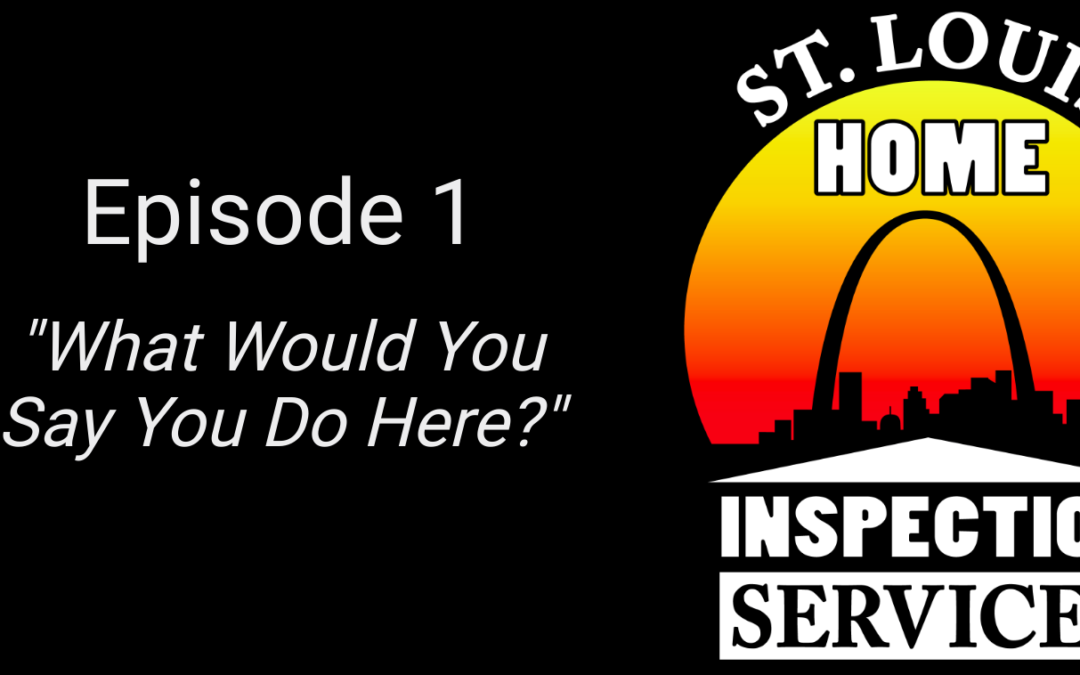I’m going to take some time to answer some of the most common questions I get. Helping people learn about the home inspection process is a great part of what I do everyday. The more you know about the home inspection process, the better off you’ll be when it’s time for your next inspection.
Do I need a home inspection?
It will depend, but if you’re buying a home it’s generally recommended. Kind of like it’s “recommended” that you change the oil in your car. You don’t “have to” (ie it’s generally not a prerequisite to a home loan or strictly required by law) but you’ll be much better off if you do. Much like changing the oil in your car, your home inspection is a preventative measure to avoid major problems down the road. Nobody likes major problems down the road.
If you’re buying a home, and you’re unsure if you actually need an inspection, just call us. Educating people about the process is a major part of our day. We genuinely enjoy what we do, and we’re always here to help.
What does a home inspector do?
Lots of driving! But all kidding aside, a home inspector is a lot like a detective. It’s our job to examine as much of the physical structure as we can get to. We’re looking for defects and problems with the exterior, the roof, the garage or car port, the attic, the basement, the plumbing, the electrical, and more. We want to find problems before you buy the house.
The general process is outside-in, top-down and takes a few hours. You don’t actually have to be present (most of our clients are), but we encourage you to be there. That will give you a chance to ask questions and learn more about the property you’re interested in buying.
What’s covered in a home inspection?
Going from outside-in and top-down, we look at the lot for things like grading, drainage, landscaping, exterior structures like fencing, sheds, decks, downspouts, driveways and more. No two properties are exactly the same, so we will adapt our inspection to the specifics of the lot. If it’s there, we’ll inspect it.
If we can safely walk a roof, we generally will. We’re looking at the condition of the shingles, decking, flashing, soffits fascia, chimneys, gutters, et cetera. Our focus is on finding issues that may lead to major problems down the road. You want to know if you have a leaky roof or structurally unsound chimney.
Once inside the structure, we’ll start in the attic if there is one. We want to look for evidence of water damage, decay/rot, structural soundness and ventilation. We’ll also want to look for any vents dumping into or terminating in the attic.
We’ll also check the interior doors, walls, windows and flooring. we’re looking for squareness, bowing, and the general condition. We’ll check the electrical throughout the house. Plumbing and kitchen appliances will be examined to make sure they operate safely. This isn’t an exhaustive list by any means, but you get the idea. We’re doing our best to inspect everything that may affect your safety or the value of the property you’re looking to buy.
What’s included in the home inspection report?
Your inspection report will include a detailed description of our findings, and we’ll include pictures as well. Our reports are usually a few dozen pages long. The point of the report is to reduce our findings to writing and give you something you can review. We spend time going over the report with you and answering any questions you have.
The thing to remember about the inspection report is that it should be dozens of pages long and it should have pictures of the findings. It’s a bad sign if the report skimps on the details.
What will fail a home inspection?
To be fair, home inspections aren’t really “pass/fail”, but they are an important tool in your decision on whether or not to buy a property and how much you think that property is worth. So what are the most common deal breakers? The more expensive an issue will be to fix, the more likely it is to affect your buying decision. Issues with leaking or defective roofs, water and/or moisture in the attic, rotting wood in the structure, structural or foundation problems (cracks, corners out of square, etc), electrical issues like bad or unsafe wiring, and structural issues with chimneys are all examples of issues that might affect your buying decision.
And thus concludes Episode 1. Thank you for stopping by and taking the time to read. Your support means so much to us. Bonus points if you get the reference in the title. As always, if we can be of service, please don’t hesitate to reach out. We’ll see you next week!
